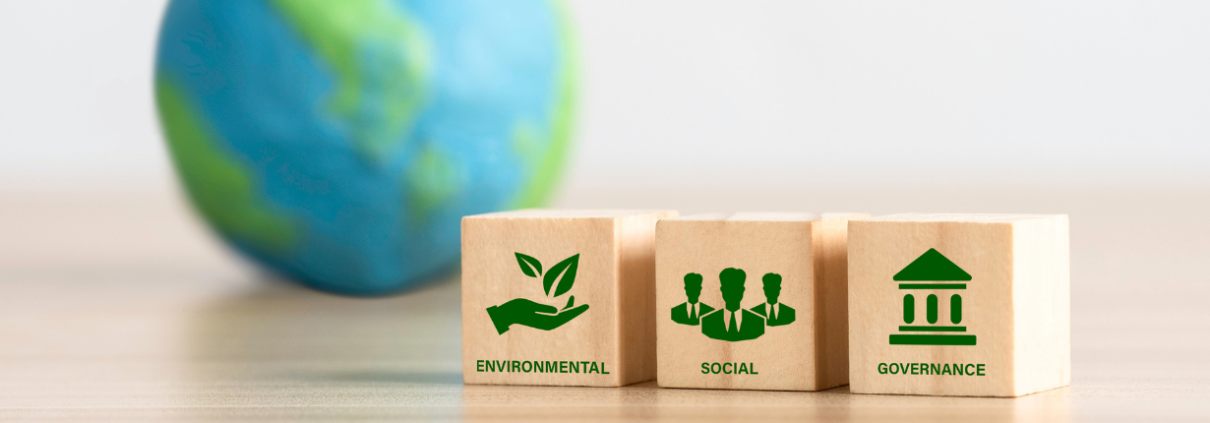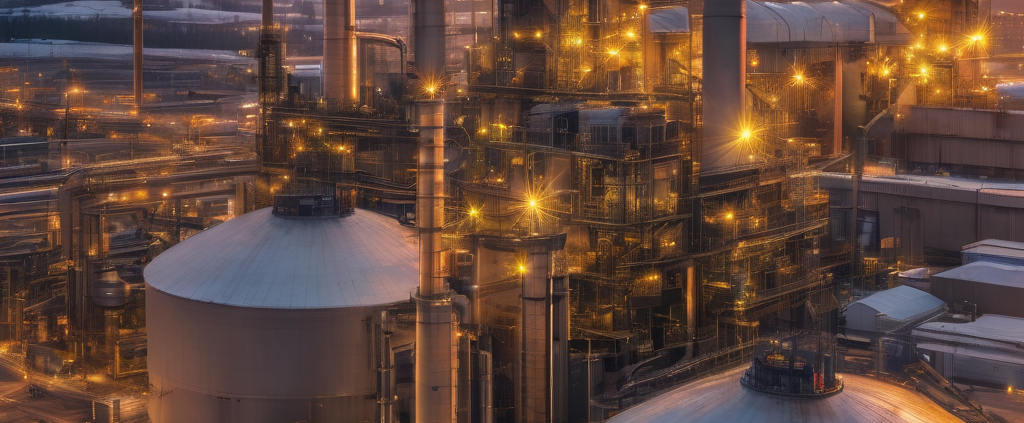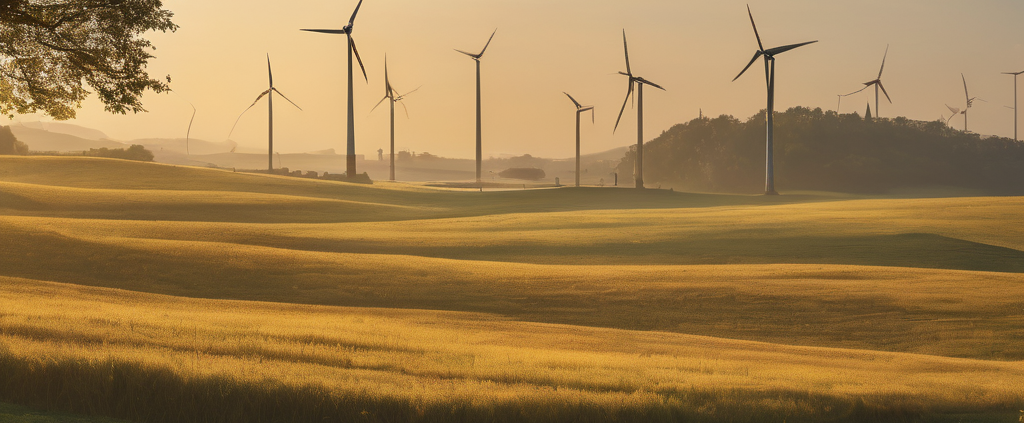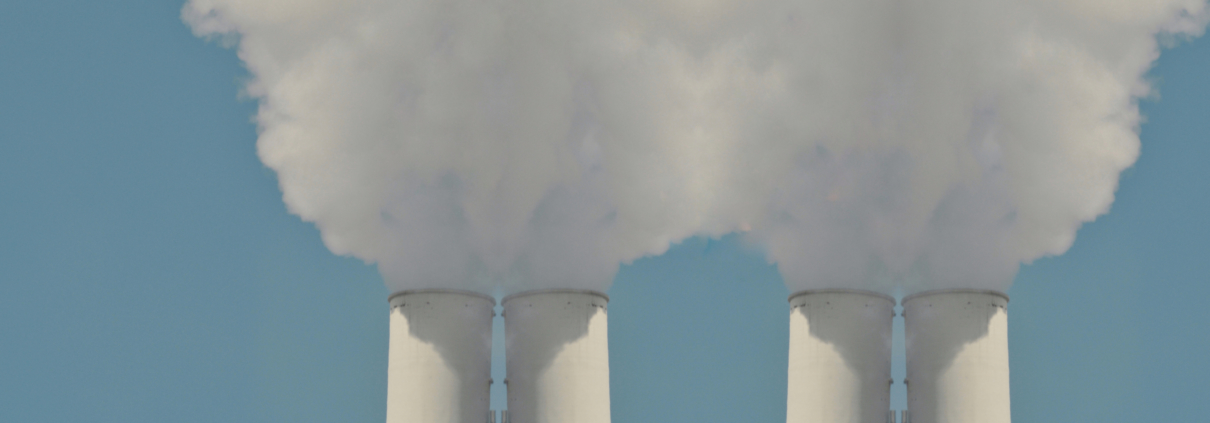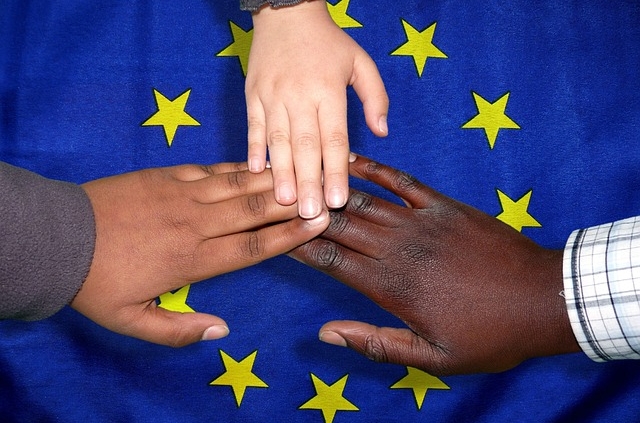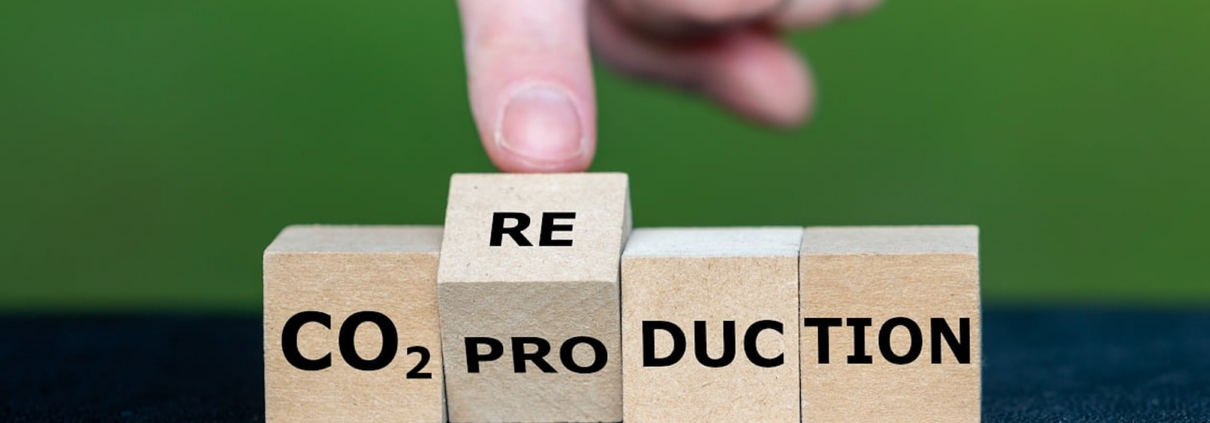Brussels wants to soften climate targets for 2040
The EU Commission presented its climate targets for 2040 in Brussels on Wednesday. Under pressure from some member states, it wants to create more leeway. The goal remains to reduce greenhouse gas emissions in the EU by 90 percent by 2040 compared to 1990. However, from 2036, up to three percent of 1990 emissions are to be offset through international certificate trading. More flexibility was also promised.

